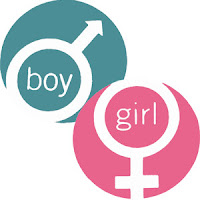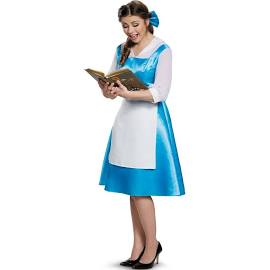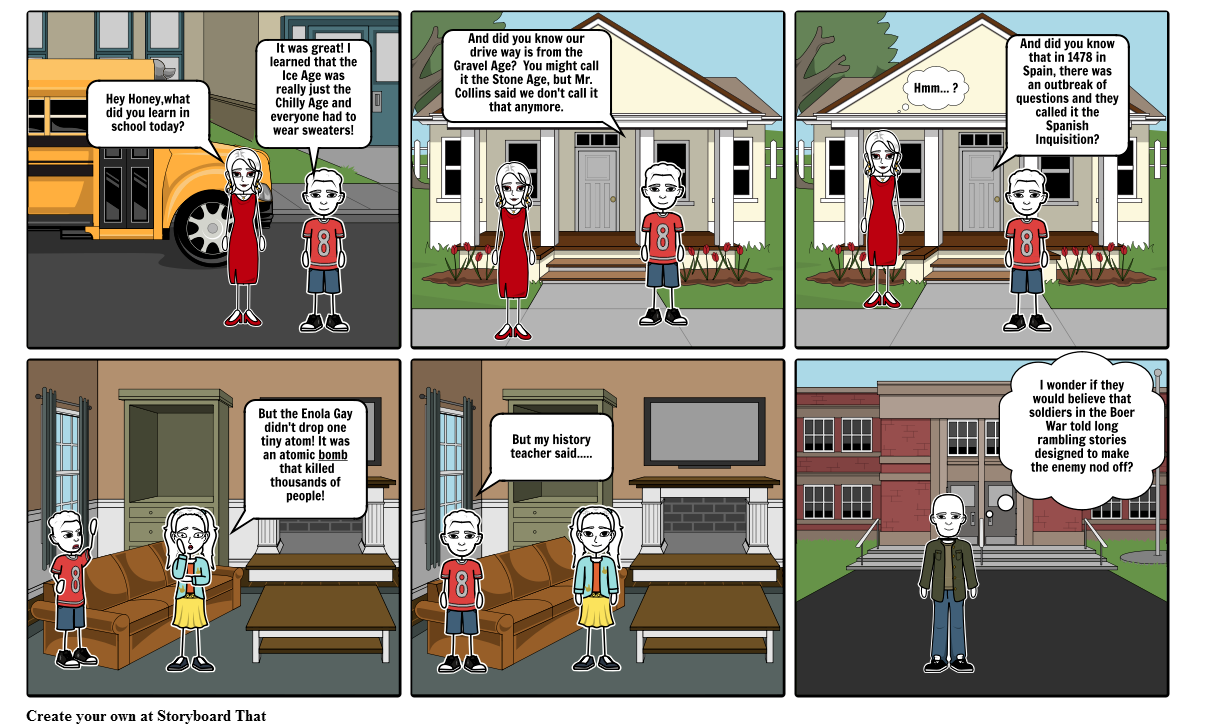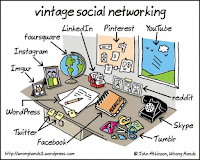Connecting Is Not the Same as Conversing
What is the relationship between Turkle and Wesch? Do you see them as allies, or opponents in this discussion of new media and technology? I sit here, chuckling a little bit because as I was reading these two articles, I found myself thinking, "What do these have to do with each other at all ? Turkle is talking about constant connectivity through technology that leads to a disconnect and lack of communication in real life while Wesch is discussing how educators need to find true ways for their students become engaged in learning. How are they relatable?" But as I continued to think on the topic and the underlying themes between the two articles, I found myself seeing that these needs for connectivity and conversations arise from both authors. While Turkle continuously noted that "we are together, but each of us is in our own bubble, furiously connected to keyboards and tiny touch screens," I could not help but think of how Wesch's students must be in...




